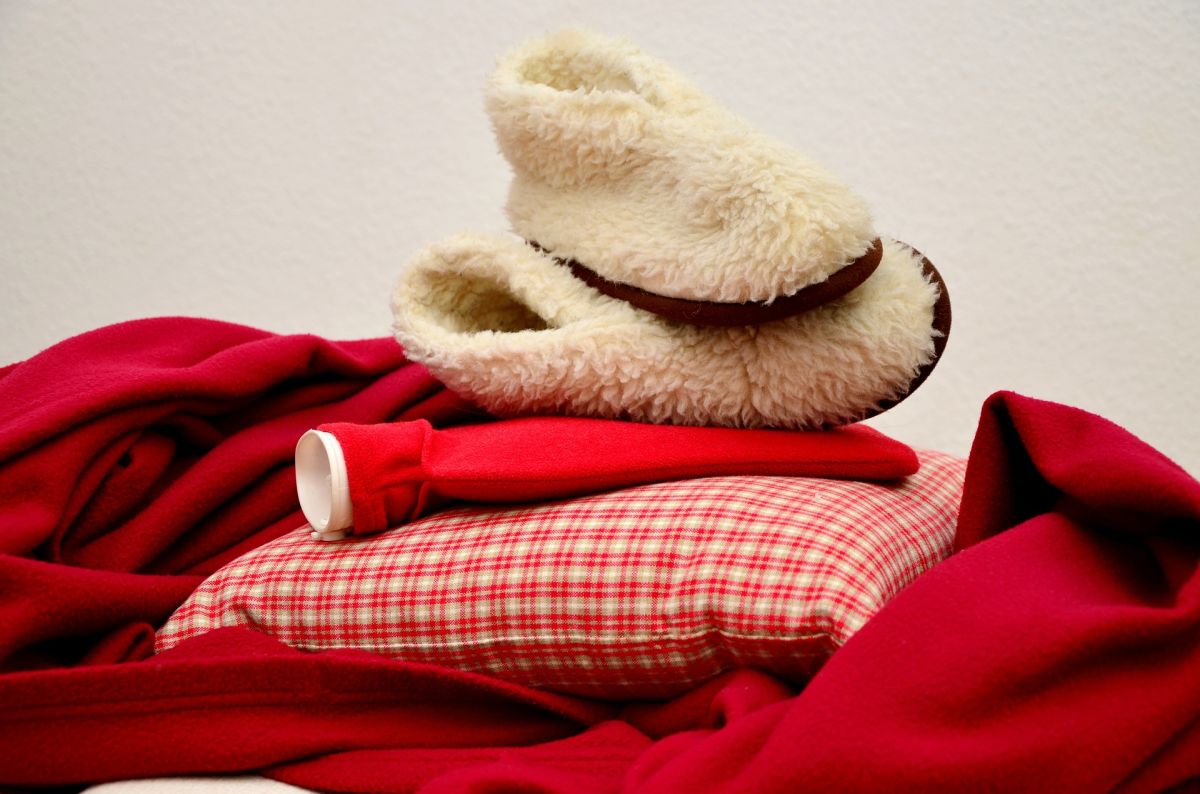Take it or leave it? Menstrual leave

‘Take some paracetamol and use a hot water bottle.’ A phrase every woman is familiar with when menstruating.
However, what happens when paracetamol and hot water bottles can’t distract you from the debilitating and excruciating pain some women experience when on their period? Most workers are entitled to statuary sick pay when they are sick and deemed unfit to go to work. People are able to stay at home with minor illnesses like a cold and still receive their salary.
When women are experiencing their monthly menstrual cycle they are not deemed ill enough for sick pay. Periods remain a taboo subject in the workplace even in this day and age, with most women feeling too embarrassed to discuss their periods with their employers if it is negatively affecting their work.
Some women are prone to suffer more than others with conditions like endometriosis affecting 1 in 10 women. Women suffering with this condition may have extremely heavy periods, potentially preventing them carrying out day-to-day activities and may make them feel depressed. Periods are an involuntary biological process of the female reproductive system, therefore is it really fair that women are forced to go to work when they are menstruating with symptoms that are affecting their work productivity?
Menstrual leave is currently being debated – leave is already recognised in countries such as Japan, South Korea, Taiwan, Indonesia, and Zambia. Some private Indian companies have also launched such policies. Menstrual leave is still not widely accepted, however.
A study by the British Medical Journal assessed 32,748 women, aged 15 to 45, to examine the impact of their period on their work. 26,438 of those questioned reported going to work while feeling ill and experienced lower levels of productivity. Only 4,514 women, around 17%, reported missing work due to period-related pain. This highlights the necessity for menstrual leave as the number of women who missed work due to their period was much lower than the number of women who reported feeling ill at work during menstruation. Many women may not feel fit to work during their period but still work because they cannot afford to lose money or because they fear judgement from their peers.
However, some companies argue that women menstruate every month and therefore it is not a feasible policy to pay women menstrual leave. Likewise, not all women suffer with debilitating pain and therefore such a scheme may be taken advantage of, just like statuary sick pay can be. Fundamentally, some women may not want to discuss their menstrual cycle with their employers and thus reject the aid even if it was offered.
Would you benefit from menstrual leave? Or, do you feel that it would make progressing professionally as a woman more difficult then it is already?







